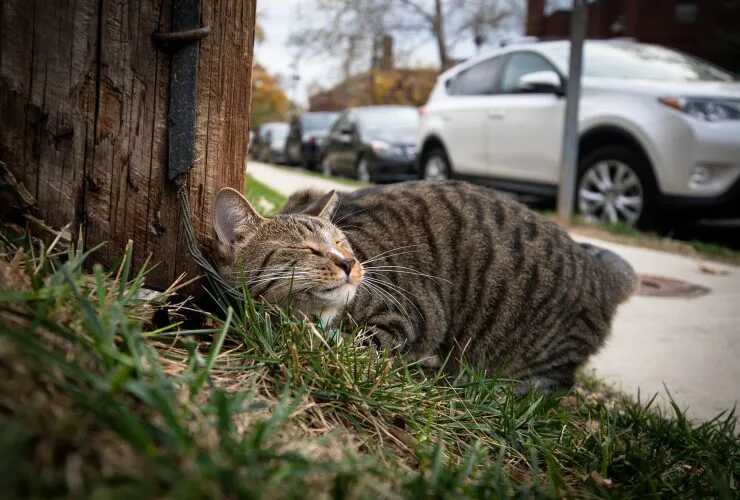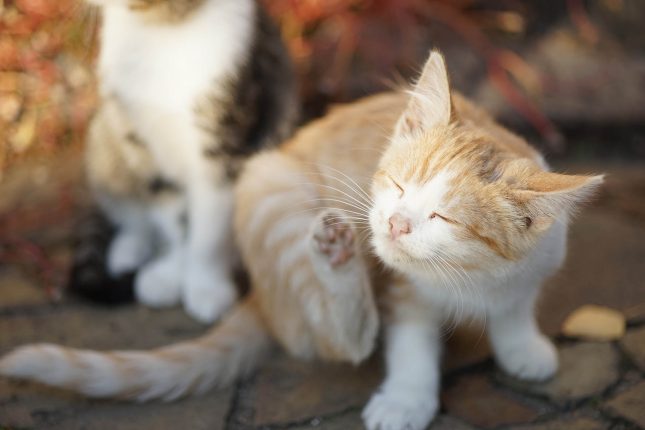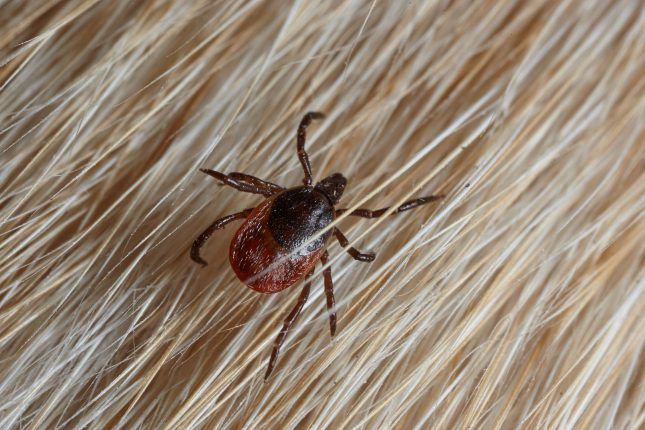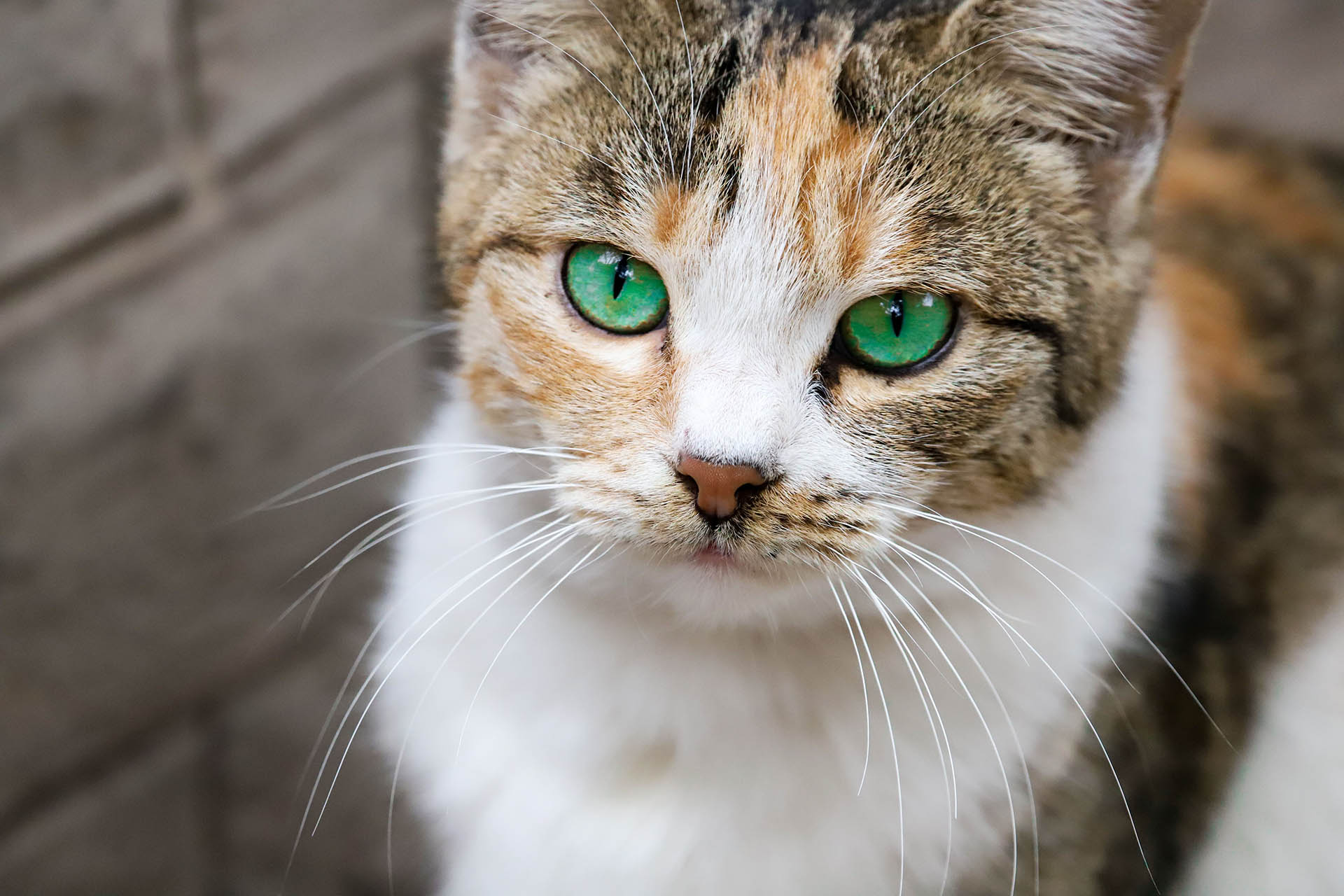
Why Year-Round Flea, Tick, and Heartworm Prevention Are Essential in NC
Many articles suggest that parasite prevention isn’t necessary during winter, but this advice isn’t true for every climate. When the calendar reads December, January, or February, you shouldn’t automatically stop your pet’s parasite preventatives. When winter arrives, North Carolina residents should continue protecting their pets through the winter, even if people living in other parts of the country take a break.

How Cold Does It Have to Be for Parasites to Die?
In order for fleas, mosquitoes, ticks, and all their larvae to actually die or remain dormant, there must be several days in a row when the temperature is below 10° F.
Fleas
Fleas will go dormant in near freezing temperatures. Even if temperatures drop cold enough to kill fleas, their eggs can still survive. Cold weather that isn’t cold enough will only slow down a flea egg’s life cycle. If the temperature warms up above freezing for a day or two, fleas will resume activity. Plus, lots of fleas are crafty enough to find places to stay warm.


Ticks
Most people think that ticks go dormant after the first frost, but this isn’t the case. Black legged ticks (the ones most responsible for spreading Lyme’s disease) only go dormant when the temperature drops below 35° F. As soon as the temperature warms by just a little, they spring right back to life. In order for any ticks to actually be killed off, a hard freeze below 10° F is needed for an extended period of time.
Mosquitoes
Mosquitoes, responsible for the transmission of heartworm larvae to pets, are cold-blooded which means they’re unable to regulate their own body temperatures. As a result, they’re a little more susceptible to cold weather than ticks and fleas. Mosquitoes will typically die or go dormant at about 50° F, but don’t let these delicate creatures fool you; most mosquitoes have adapted to their climates, and females are able to enter a state of hibernation when it gets cold. Then they resume activity just as soon as the temperatures grow a little warmer.

Ask Dr. Lewis or One of Our Experienced Staff Members About Year-Round Protection for Your Pet
In North Carolina’s relatively warm climate, we don’t experience the extended, deep freezes necessary for pets to be safe without protection. We recommend safeguarding your pets year-round with flea and tick preventatives and a once-per-year ProHeart injection to protect them from heartworms. To learn more about the best parasite preventatives for your pets, we welcome you to contact our clinic any time!



